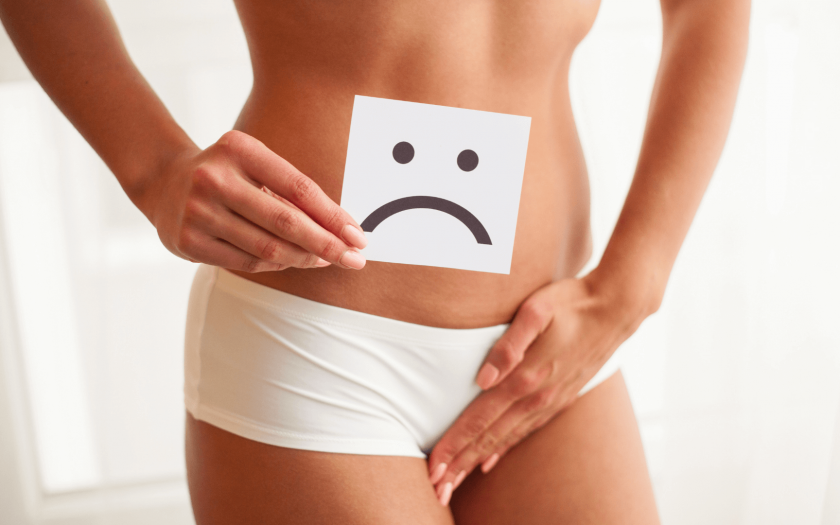In her life, every woman faces several hormonal changes. One such change is menopause, the process of reducing the amount of hormones produced by the ovaries. During this period, women often experience: itching, burning, discomfort in the intimate area and frequent ailments. These symptoms are mainly associated with dryness of the mucous membrane and often occur at the age of 45-50 years.
Insufficient moisture in the vagina is not a disease, but it causes discomfort. The consequences of dryness can be cracks and wounds, odor, burning sensation and pain. Vaginal dryness can be a catalyst for the reproduction of “bad” bacteria and the development of thrush. Often, dryness occurs due to the fact that feeling uncomfortable, a woman begins to wash thoroughly with soap. As a result, the protective substance glycogen is washed out of the intimate area.
To help with vaginal dryness, follow these guidelines:
- It is very important to avoid using regular soap, especially antibacterial. Such soaps contain triclosan. This substance can cause excessive vaginal dryness due to the alkalinity of these products;
- Avoid washing and douching with disinfectants such as baking soda. Such procedures have a bad effect on the vaginal mucosa, it dries out and becomes less resistant to infections. During menopause, one of the components of the health of the intimate organs is proper intimate hygiene;
- wash every morning and evening with warm water;
- do not use sponges or washcloths to wash the vulva, as there is a possibility of injury to the mucous membrane and thus increases the risk of infection;
- Do not direct a stream of water directly into the vagina. Thus, you can wash off the natural lubricant, there is also the possibility of getting into the vagina of pathogens from the water;
- for the hygiene of the intimate area you need to have a separate clean towel;
- choose the right underwear. It should be cotton or linen. It is better to give up tight synthetic panties forever, such underwear can lead to the development of inflammatory diseases;
- choose the appropriate means of intimate hygiene. When choosing a soap or gel for intimate hygiene, pay attention to the fact that during menopause the pH changes from 3.4-4.5 to 6-7. Thus, products containing lactic acid are not very suitable for this period. It will also be correct to know the composition of intimate hygiene products. Prefer products that do not contain chemical dyes and flavors.
During menopause, a woman’s body undergoes a very painful restructuring of the body. Feelings of discomfort in the intimate area on the background of general malaise can lead to nervousness. That is why it is recommended to follow the above recommendations, lead a healthy lifestyle and take drugs that improve a woman’s condition (such as Climara and Premia Continuous).

